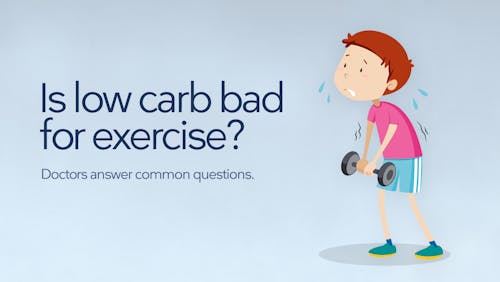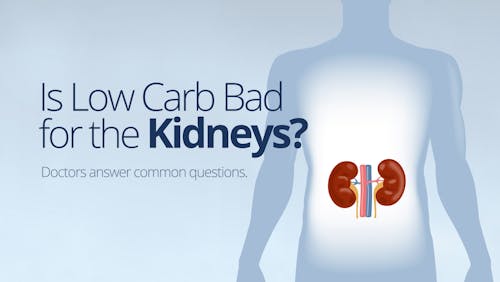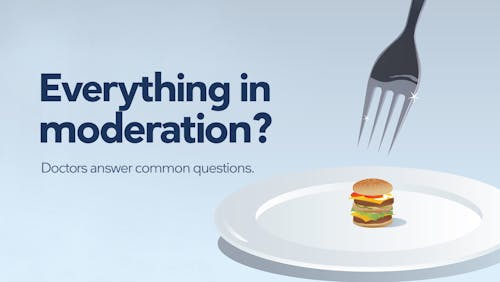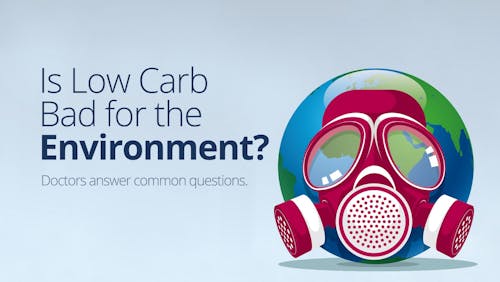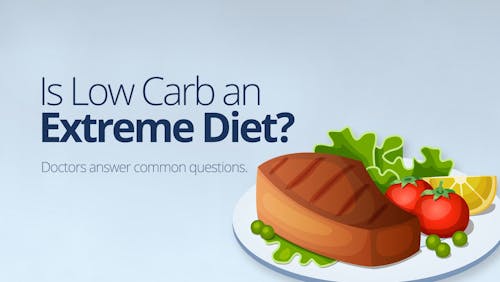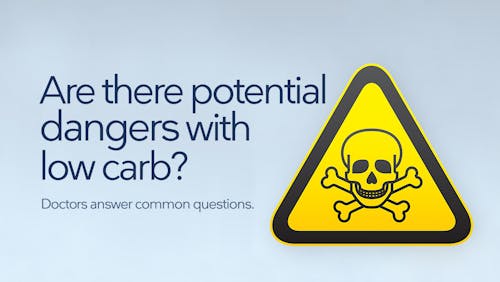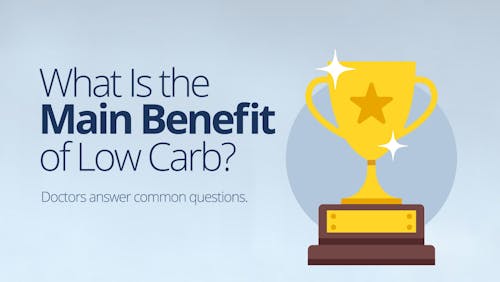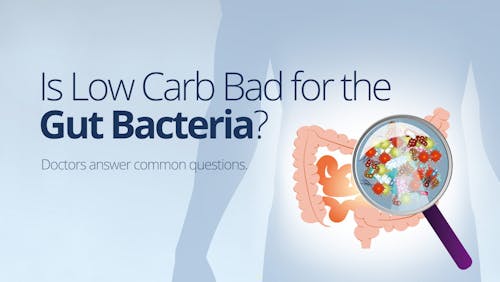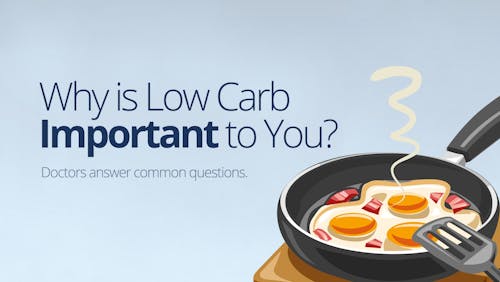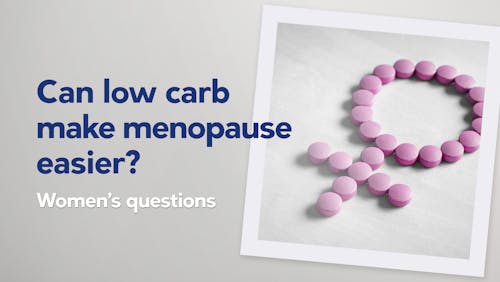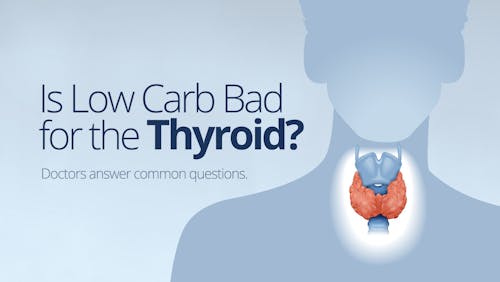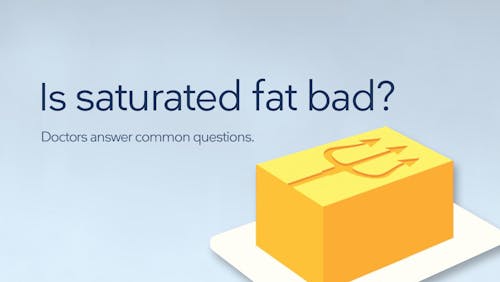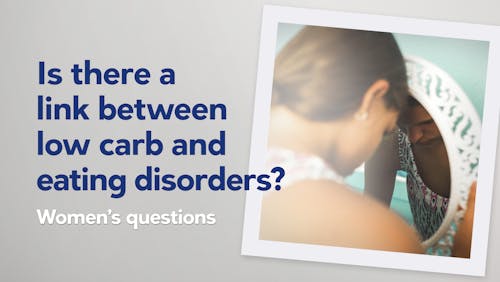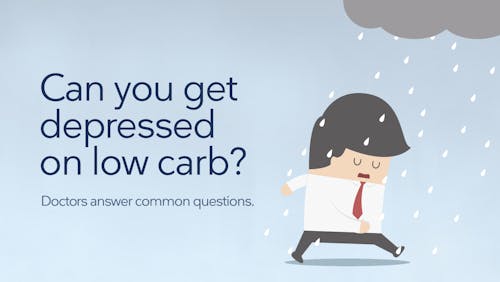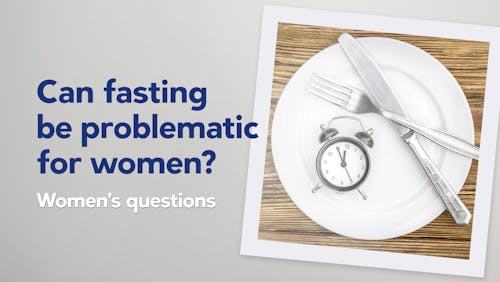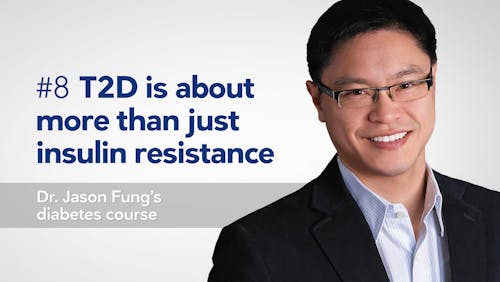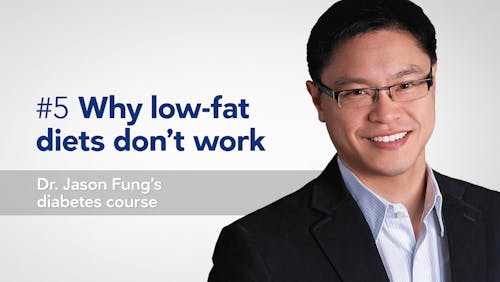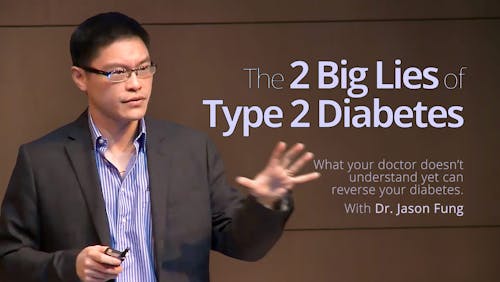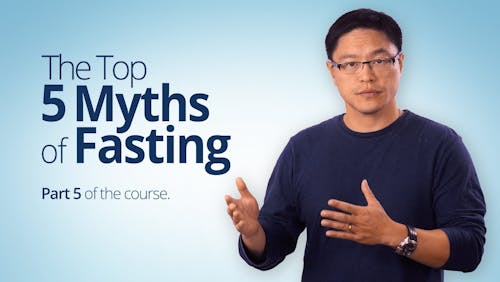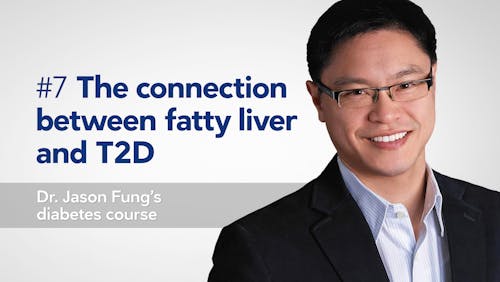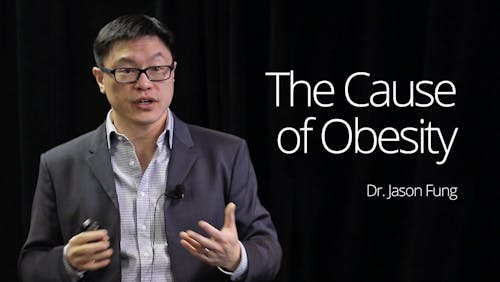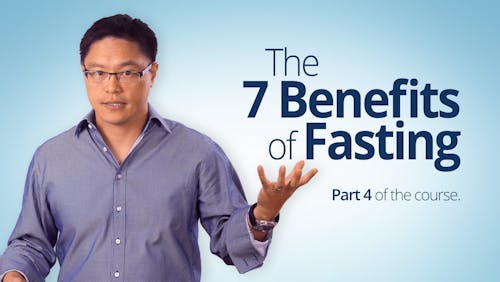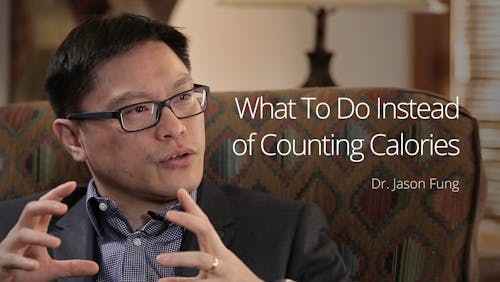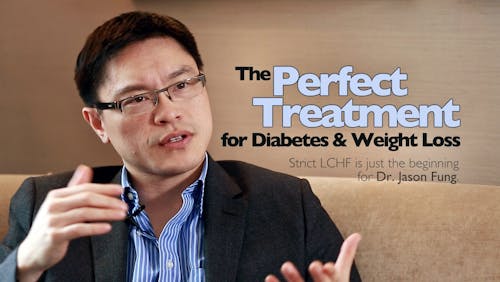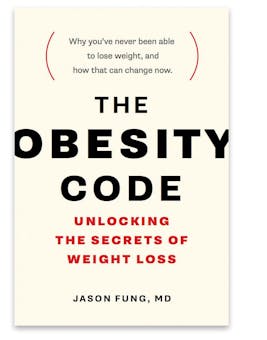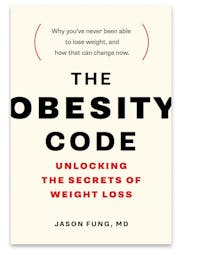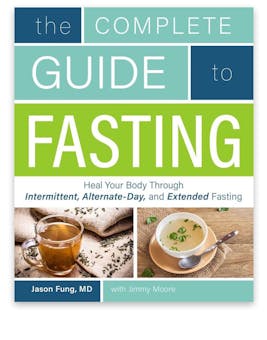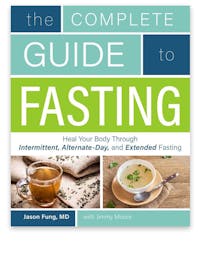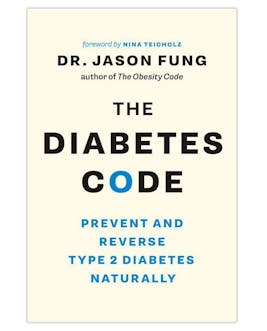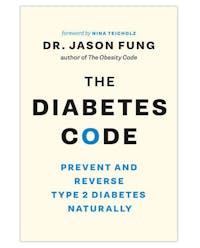What is the optimal fast frequency?

What is the optimal fast frequency? Can you fast with low blood pressure? And, can a low metabolic rate be reversed?
It’s time for this week’s Q&A about intermittent fasting and low carb with Dr. Jason Fung:
Fast frequency
I’ve found through various of your articles and videos that the 24-hour fast can be performed daily (Warrior Diet). I’ve also found the “mixing up” the duration of fasts is good so that the body doesn’t adapt. My question is on what frequency are three-day and seven-day fasts acceptable? For example, one 7-day fast per month and three 3-day fasts per month, 24-hour fasts the remainder? If you’re in general good health, a of couple weeks into the keto diet, 40 pounds (18 kilos) overweight having lost 20 pounds (9 kilos) already?
Mark
That’s a great question, but one with no easy answer. It all depends upon the person. It depends upon the specific reason you are fasting, how your body responds to it (some people do better than others), and how easy it is for you. I just saw somebody who did a 61-day fast, and the very next person said she couldn’t do 12 hours. The answer is different if you are at your ideal weight or severely diabetic and 100 pounds overweight.
You can find more details in Diet Doctor’s guide on fasting.
Dr. Jason Fung
Fasting and low blood pressure
Hi Jason,
Is it safe to start fasting if you have low blood pressure?
Thanks,
Adam
It is not an absolute contraindication but you need to speak with your own doctor. Some people during fasting can feel faint, especially if they are not staying hydrated, so the low blood pressure may exacerbate that problem.
You can read more about low blood pressure in Diet Doctor’s guide.
Dr. Jason Fung
Can a low metabolic rate be reversed?
I have been a yo-yo dieter for years. last year, following a diagnosis of diabetes, I started on the BSD (800 calories a day). I have lost 50 pounds and my blood sugars are much improved. My metabolic rate is definitely low, it probably was before I started even on 800 calories. I have reached a plateau having been on 800 calories and low carb for nearly three months. I have just started intermittent fasting and generally understand that this, in itself, does not lower metabolic rate but what if you already have a low metabolic rate – can this be helped? I have your books on fasting, obesity and diabetes and they have helped me to understand the aetiology of diabesity, but I don’t think they address this specific enquiry. Could you elaborate?
Sue
You can hear more about resting metabolic rate in the Diet Doctor Podcast with Kirsty Woods.
Dr. Jason Fung
Q&A videos
Top Dr. Fung videos
More
Intermittent fasting for beginners
More with Dr. Fung
Dr. Fung has his own blog at idmprogram.com. He is also active on Twitter.
Dr. Fung’s books The Obesity Code, The Complete Guide to Fasting and The Diabetes Code are available on Amazon.1
Diet Doctor will not benefit from your purchases. We do not show ads, use any affiliate links, sell products or take money from industry. Instead we’re funded by the people, via our optional membership. Learn more ↩
